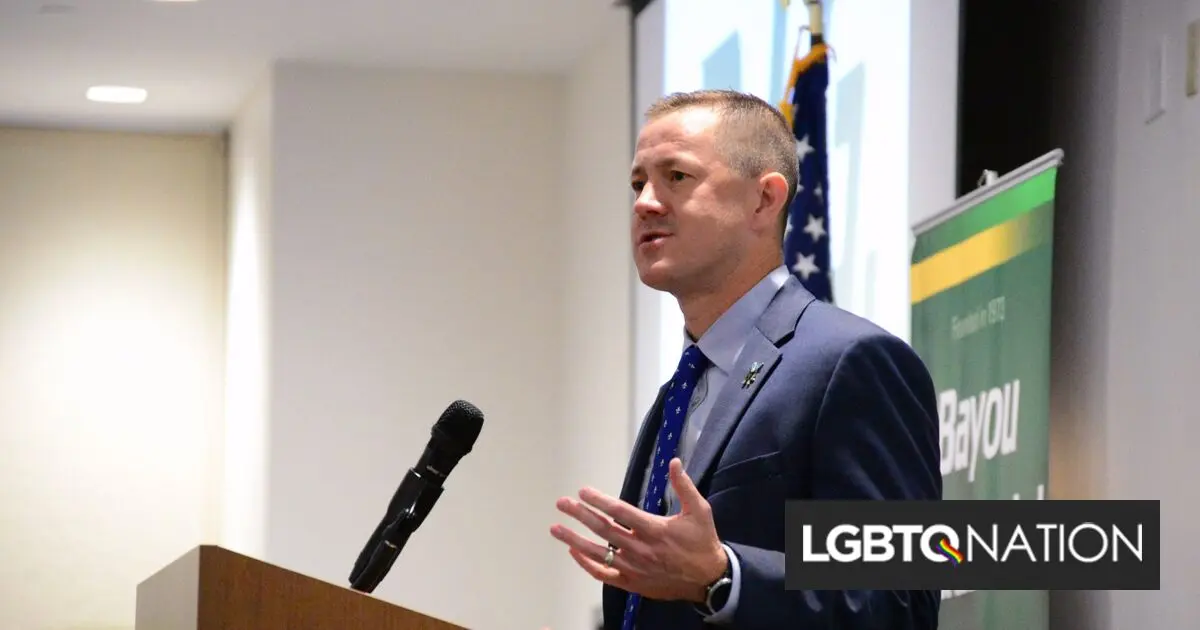- cross-posted to:
- news@lemmy.world
- cross-posted to:
- news@lemmy.world
At what point will the federal government enforce its power and force its states to comply to law and order?
Louisiana gonna get sued. And will lose. And Louisiana taxpayers will be left paying for it.
Don’t worry, I’m sure a blue state will end up footing the bill.
They can drag this all the way to SCOTUS, and there may we’ll be a different president, by the time* it gets there. At this point, it would take the proverbial act of God, or a whole bunch of people angry enough to be willing to lose jobs, families, and incarceration. So yes, the proverbial act of God.
Unfortunately, all the government can do is pull funding. If Louisiana is willing to give up federal funding, they can do it.
With the discrimination stuff it’s usually a pretty long process. Somebody has to sue these school districts in federal court, and win court order with specific instructions in it, regarding the bathrooms, or whatever it is.
Then if that court order is ignored, you usually have to go back to court and petition for sanctions and relief. After maybe several rounds of that, if the defendants are still recalcitrant, the court can order the US marshalls to take specific actions to enforce the order. US marshalls report directly to the federal courts… Their job is to be the muscle for the judges.
If resistance is really stiff, then the President may activate the national guard to assist the marshalls. This actually happened in the 1950s and 1960s to enforce various desegregation orders after Brown v. Board of Education. But based on that experience, national guard is rare–most schools stopped short of the kind of active resistance they required armed soldiers.
On the other hand, sometimes the judges have trouble finding an effective enforcement mechanism. Several years ago one of the Felicianas (a parish in Louisiana, I forget is it was West or East) was accused of failing to provide for public education in general by refusing to collect taxes to fund construction and maintenance of school buildings. The fire marshal closed the only public schools in the parish for code violations. But the voters in this district voted down property tax measures several times. The federal judge in the case threatened to throw the individual school board members in jail, but he had no solution for recalcitrant voters! He was unable or unwilling to impose taxes unilaterally.


